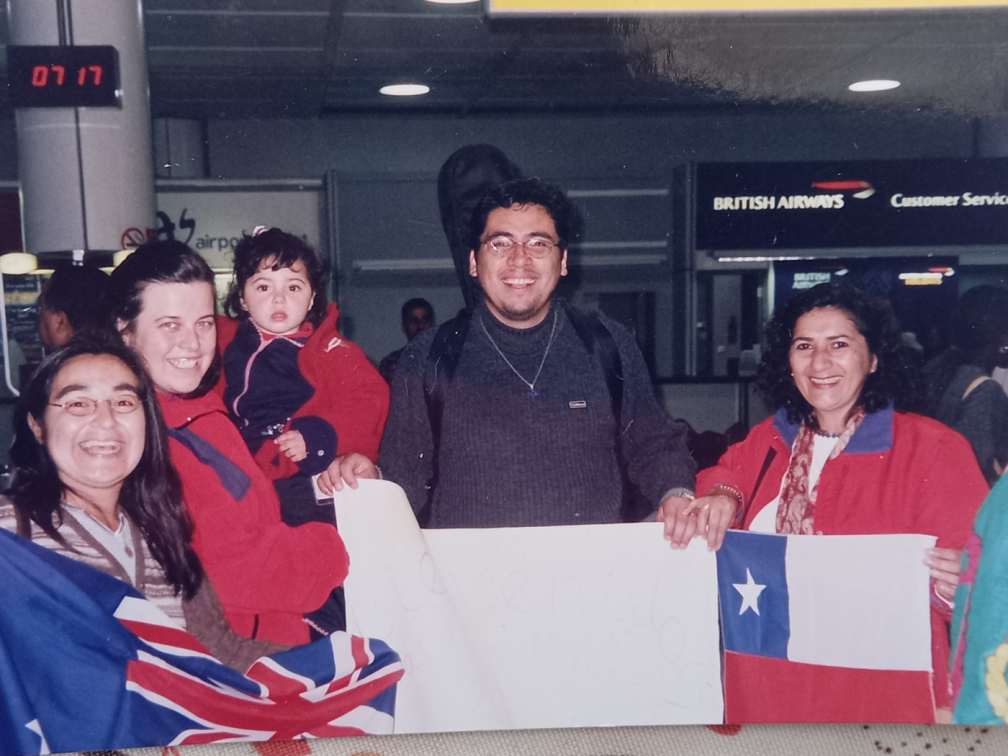
While at school in Chile in the early eighties, I recall encountering the word ‘mission’ for the first time. This introduction came through a video presentation showcasing the efforts of missionaries working in the Horn of Africa. Even now, I vividly remember the image of missionaries attending to the needs of malnourished children, their tiny bodies surrounded by flies. Back then, I understood the mission of the Church also encompassed the offering of aid to the less fortunate. The mission was much more than converting people.
The shift of this perspective- influenced by Vatican II- prompted believers to also contemplate the possibility of salvation extending beyond familiar boundaries. Consequently, the mission began to be viewed within a broader framework—one that involved acknowledging the presence of God in diverse religious traditions and cultural expressions. The evolving nature of the mission was now firmly rooted in engaging in social matters. This new outlook encouraged missionaries to adapt to local cultures and customs, embracing the notion of inculturation.
It was precisely this concept of inculturation that drew me to explore my missionary vocation with the Columbans at the turn of the century. I found it fascinating to read and listen to stories of missionary lay individuals, priests and sisters who had crossed boundaries of culture, religion, and language to live amongst the people of God in diverse contexts. Motivated by my calling to serve God, my family and I embarked on a missionary journey that took us across the Atlantic thousands of miles away from home.
This journey forced me to rekindle the feeling of being a child, grappling with the challenges of acquiring a new language and attempting to utter simple words to convey my thoughts. I learned to be in a constant standby mode to learn the codes and culture of my surroundings. Little did I realise at that time how challenging this process would be; in moments of doubt, I strongly hold to the tales of those Columban missionaries whom I met at home.
A few weeks ago, my husband and I had the opportunity to visit retired Columbans who are being cared for at a nursing home in Ireland. It was a poignant experience to meet frail and ageing missionaries who had dedicated several decades of their lives to serving the people of God in my home country, Chile. Their Spanish, albeit with an accent, remained impeccable. The affectionate manner in which they reminisced about their experiences is something that struck me. Before us stood men who struggled to learn my language and understand my culture, our people and their faith. They learnt the intricacies and codes of the poor in the Chilean barrios.
Suddenly, when they shared those stories of when they were in Chile, even briefly they became energised and full of life again. Mission looks different for them now, but that Ad Gentes experience undoubtedly transformed them, and surely enriched the communities where they served. I could not help but notice that although they are now confined in the nursing home, many of them still have that missionary spirit because they take time to visit their fellow companions, particularly those who have received challenging news or are struggling with health. They are eager to communicate news from the mission countries where they served and frequently reminisce about their experiences. They may well have retired from the mission field but it seems that the missionary spirit never retires.

